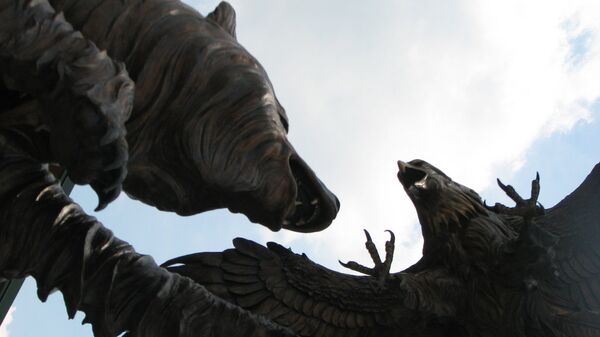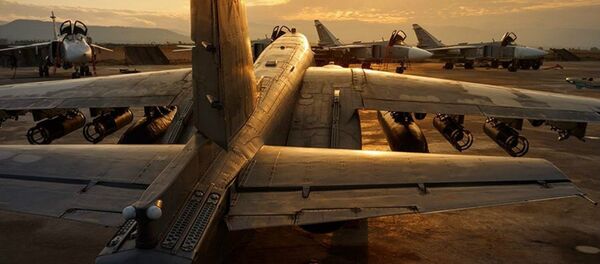During the Cold War, the US national security machine was staffed with experienced specialists on Russia, who were consulted at the highest levels of decision-making. However, at the present time, it now relies on a "looser regime of more junior experts who lack the reach to directly influence policy," the newspaper points out.
As a result, the US has essentially failed to predict Russia’s most recent moves.
"We’ve been surprised at every turn," Senate Armed Services Committee Chairman John McCain told the Post. "We were surprised when they went into Crimea, we were surprised when they went into Syria."
According to the newspaper, the funding reduction for cultural exchange programs with the ex-Soviet states, coupled with the “evisceration of the grant program for advanced research on Russia”, as well as the lack of funds for foreign language courses in universities, further contribute to the US’ inability to form a capable corps of Russia experts.
Also, the ongoing deterioration in relations between the two countries has also decreased opportunities for cultural exchange programs, making it harder for the would-be American experts on Russia to spend time in the country.
Furthermore, the current level of funding for Russia expert positions in universities and think tanks has made a career in Russia studies rather unattractive, the newspaper adds.
"The mistake that was made 20 years ago was assuming Russia’s a weak power, a declining power," Michael McFaul, the former US ambassador to Russia, told WP.
"Whether they’re a great power or a middling power, we can argue about. But they are a major power, in the top 5 or 10 economies in the world, a top nuclear country in the world and now, given the investment Putin’s made in the military, they’re one of the major military powers in the world. Those trends are not changing in the next 20 or 30 years."



